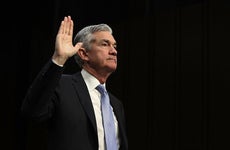Fed Chair Powell grilled on stagnant wage growth in tight job market
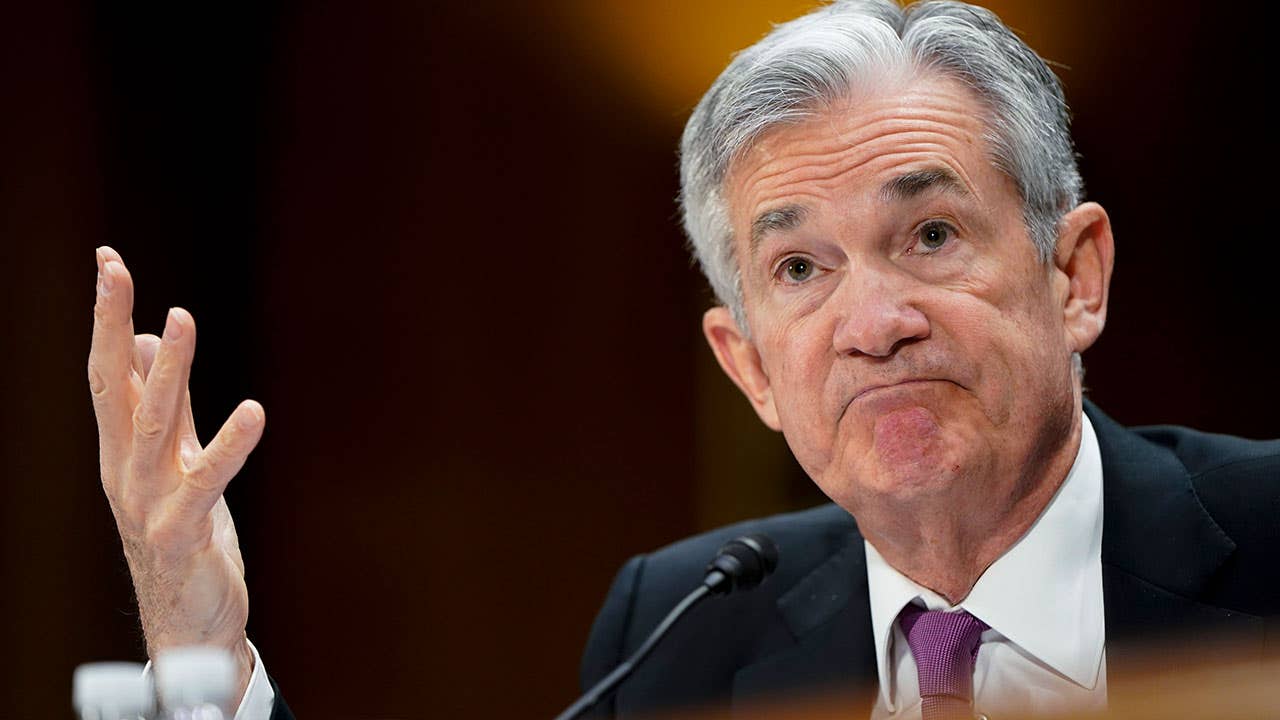
The Bankrate promise
At Bankrate we strive to help you make smarter financial decisions. While we adhere to strict , this post may contain references to products from our partners. Here's an explanation for .
Federal Reserve Chairman Jerome Powell faced criticism from Democratic congressmen on Wednesday for his positive evaluation of the job market despite a period of slow pay gains.
In the second day of his semiannual testimony to Congress, Powell described the environment for workers as “strong,” adding that record monthly job gains are “pulling people in” to the labor force and “holding people in from leaving.” That comment was met with skepticism from some members of the House Financial Services Committee, particularly Rep. Brad Sherman and Rep. Denny Heck.
“Your testimony said we have a good job market. It’s not good until there’s a labor shortage that drives wages up,” said Sherman, a Democrat from California. “I hope you would aspire for more than just a 4 percent unemployment rate.”
Wage gains on an annual basis have been slowly climbing throughout the current expansion, breaching 3 percent for the first time in nearly a decade just last October. Annual wages increased by 3.2 percent in January, according to the Department of Labor, after an upwardly-revised 3.3 percent in December.
Wage growth and inflation
This has puzzled economists, as a tight labor market typically lifts wages because it increases the demand for workers. The Fed has attributed slow productivity growth as a culprit. It could also be because a majority of workers aren’t getting raises, a December 2018 Bankrate survey suggests.
Other measures are equally as bleak. Employee pay and benefits as a percentage of global domestic income has declined for four-straight quarters, as reported by The Wall Street Journal using figures from the Department of Commerce. That stood out to Neel Kashkari, president and CEO of the Federal Reserve Bank of Minneapolis, who noted in a tweet that it may mean the Fed isn’t as close to full employment as it thinks.
Fed officials have said that the economy is near full employment, while various contacts across the central bank’s 12 districts have voiced difficulties in finding enough people to fill vacant positions, according to its anecdotal report on economic conditions, known as the Beige Book.
“I always ask the same question to the chair of the Federal Reserve Board, which is: When does America get a raise?” Heck told Powell during his testimony. “We have a need to place a further emphasis on wage growth.”
Heck acknowledged that wage growth has been picking up, while also praising the Fed’s newfound attitude of patience. But he also urged Powell that the Fed should consider wage gains in addition to its dual mandate of inflation and full employment.
There’s a relationship between wage growth and price stability, Heck said. Inflation has also remained tepid throughout the current economic expansion, holding just below the Fed’s 2 percent objective.
The Fed is currently reviewing its inflation objectives and looking at ways to “more credibly achieve” that goal, Powell told members of Congress during his testimony.
Powell didn’t provide any specific comments about wage gains or how big of a priority it will be for the U.S. central bank, but he mentioned that productivity growth is a long-term challenge for the economy, which is on track to hit its longest expansion on record come July.
“Our nation faces important longer-run challenges,” Powell said. “For example, productivity growth — which is what drives rising real wages and living standards over the longer term — has been too low.”
Learn more:
Related Articles
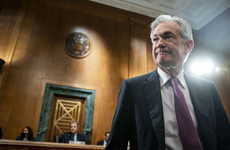
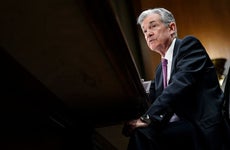
Powell promotes rate pause in final remarks before upcoming Fed meeting
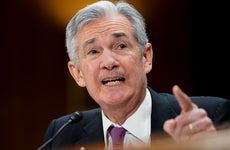
Powell justifies a ‘patient’ central bank on rate hikes during Senate testimony
